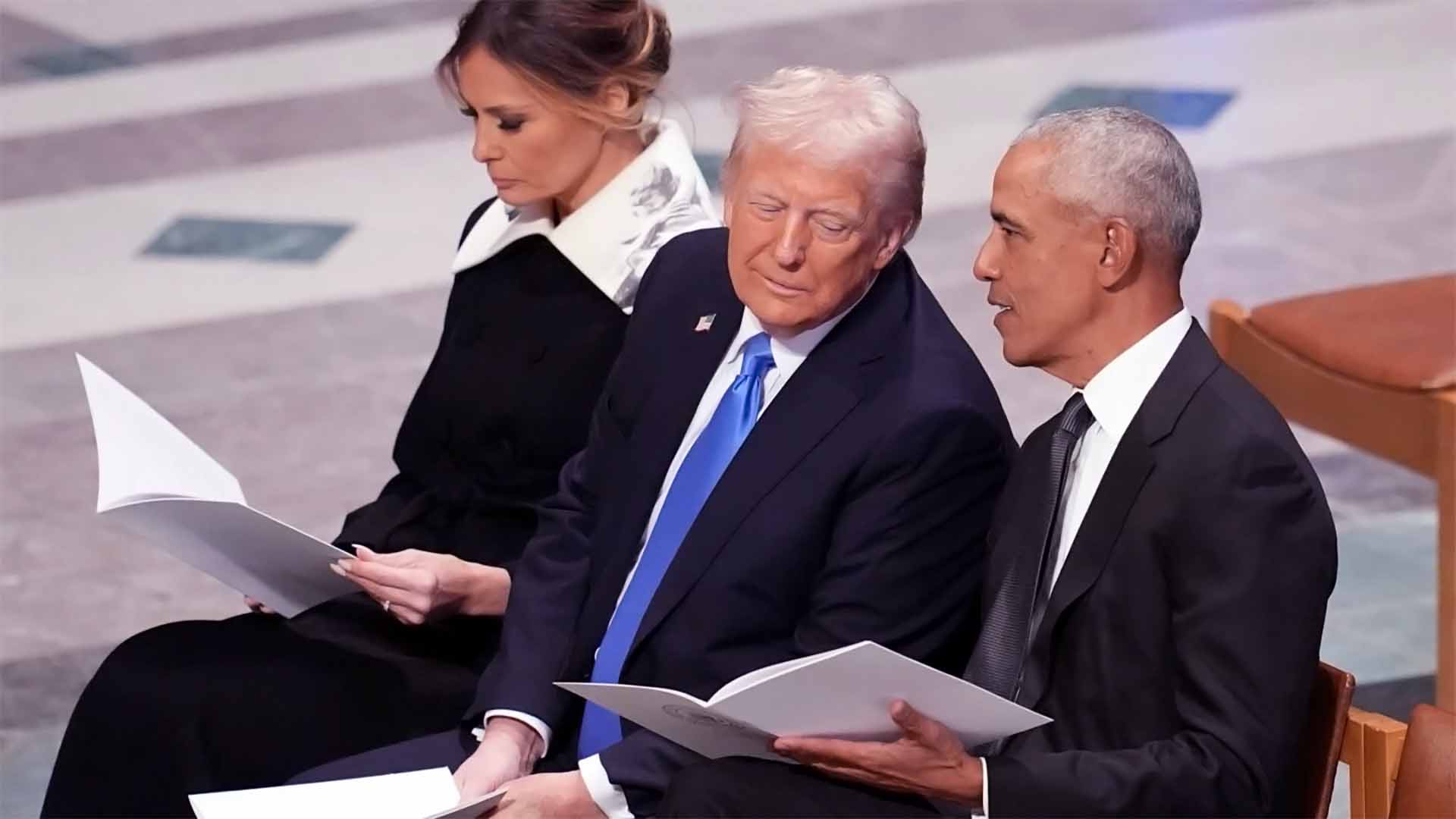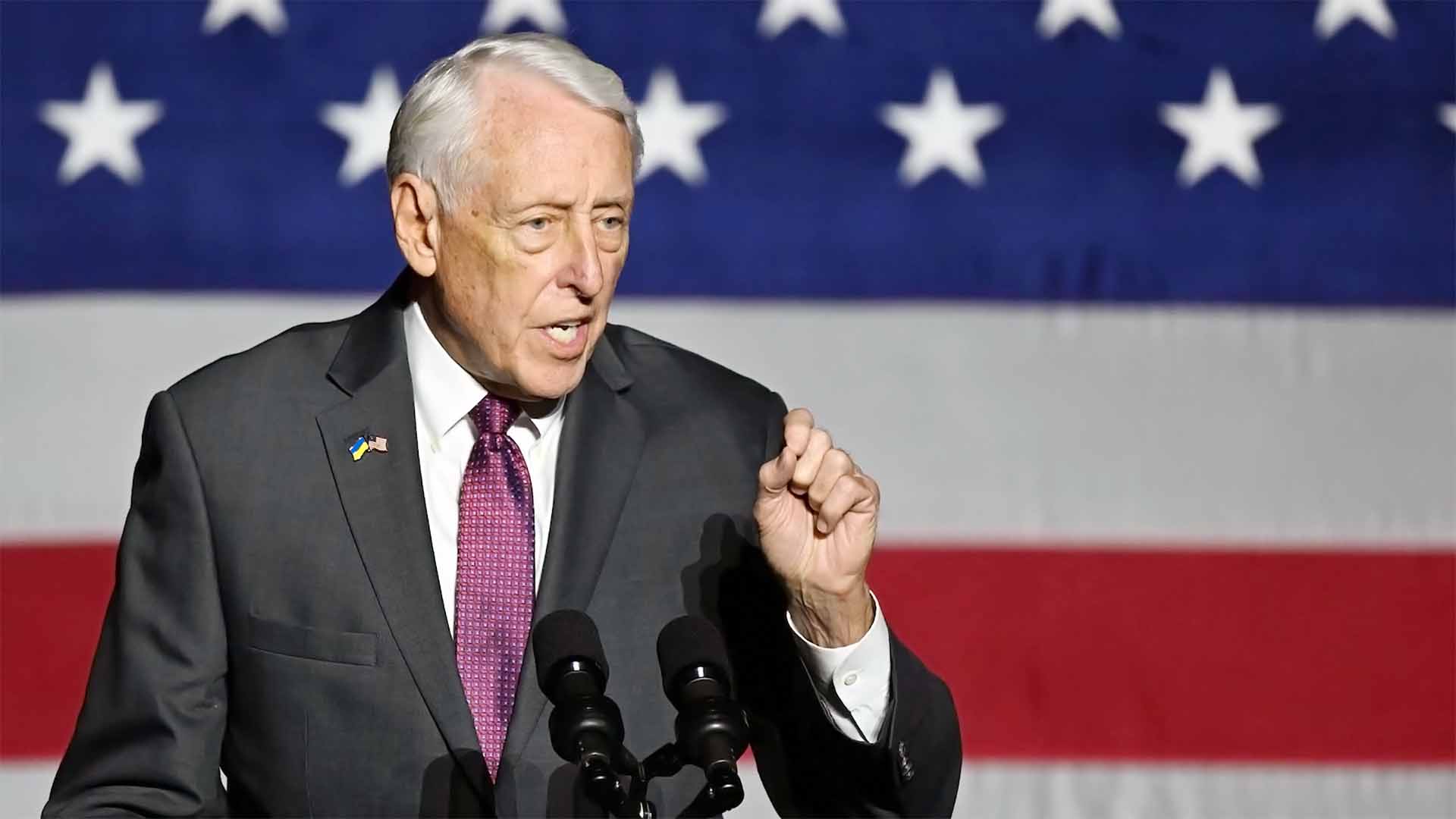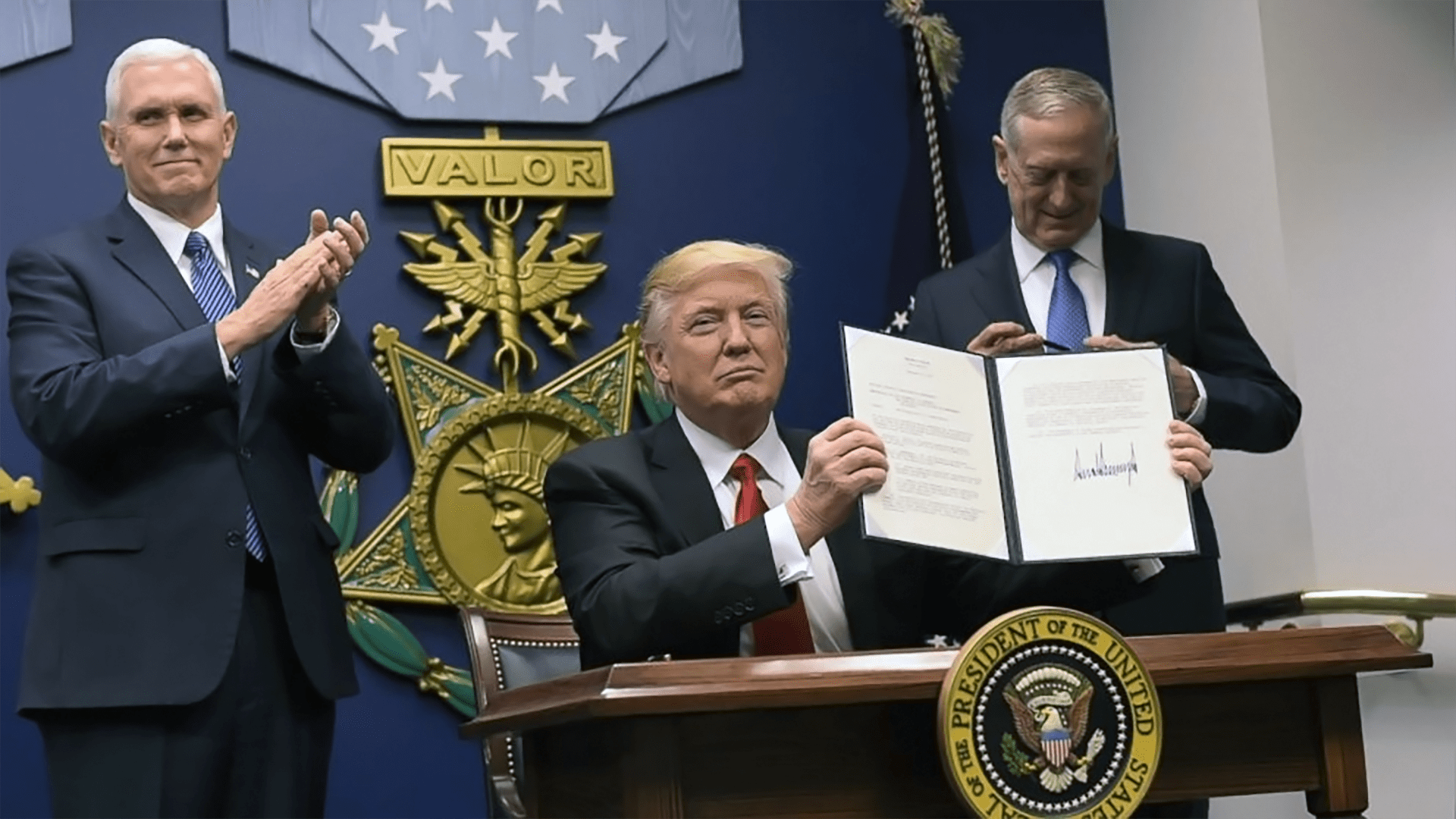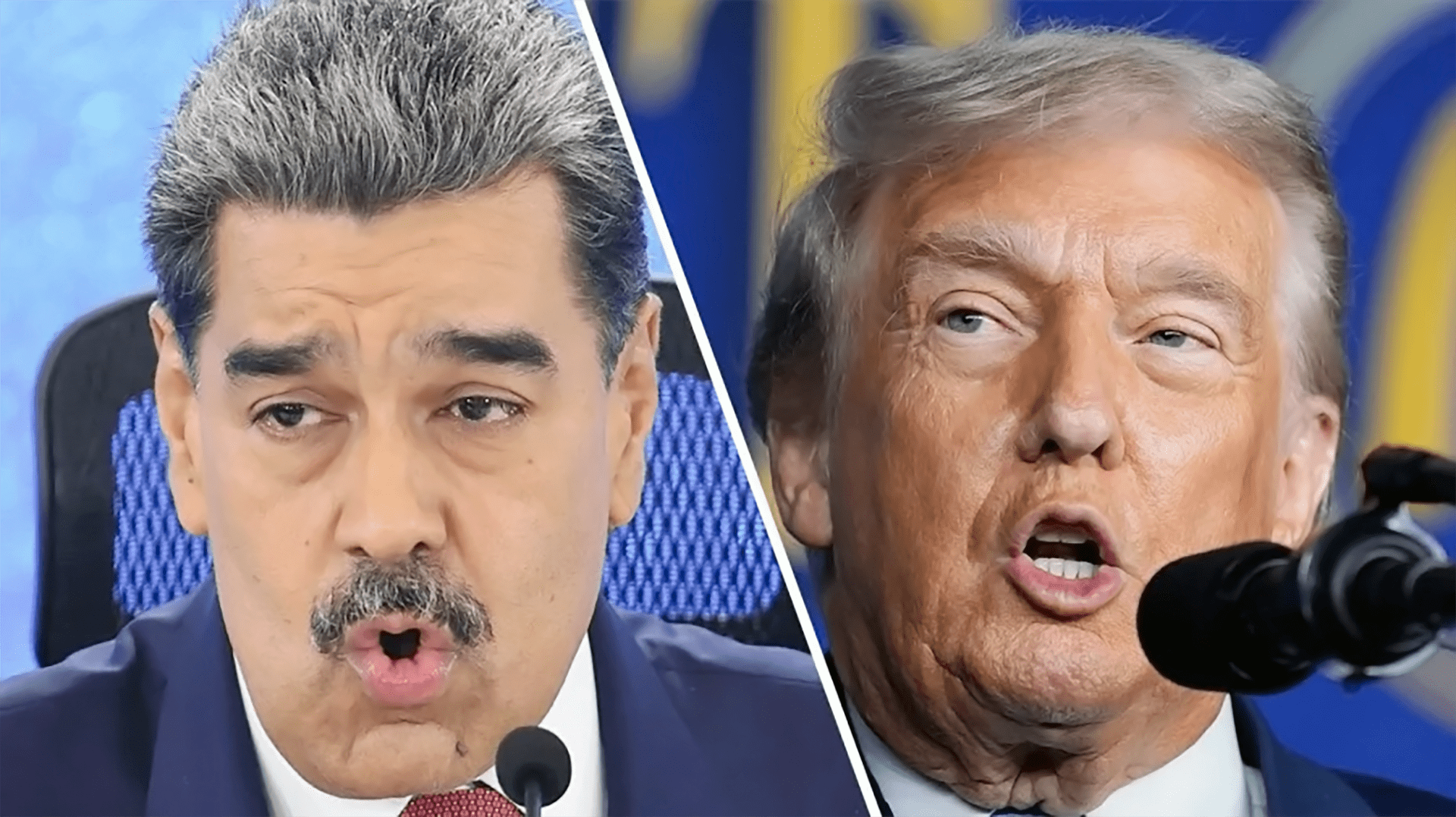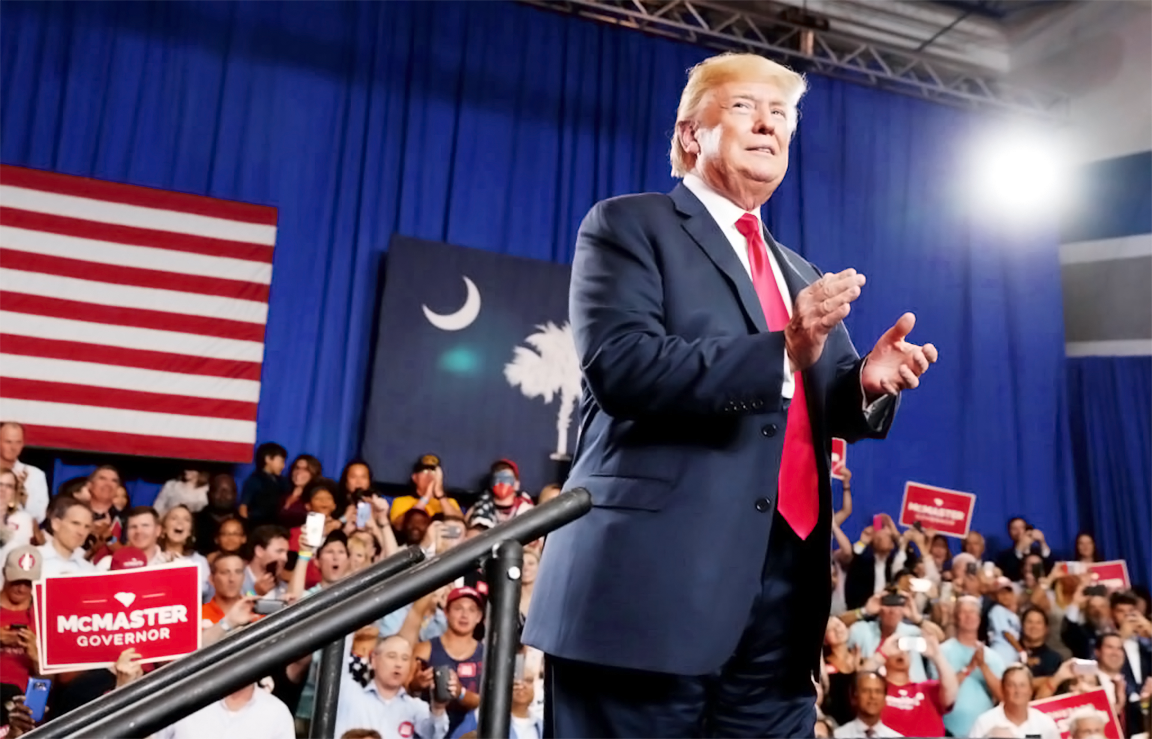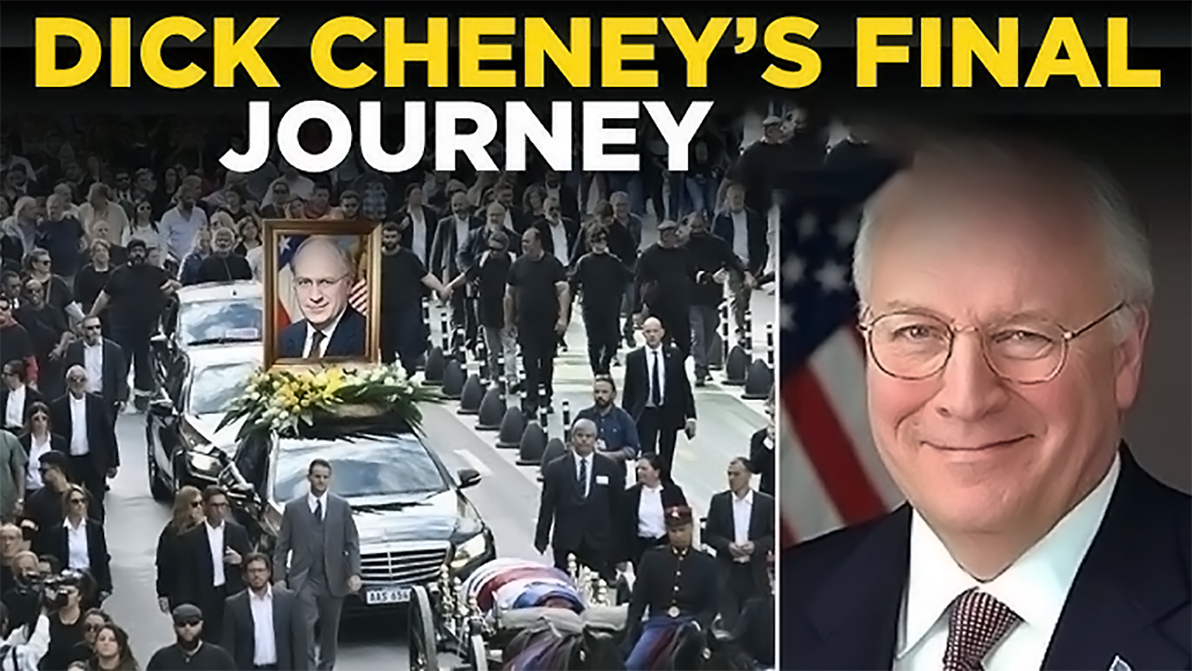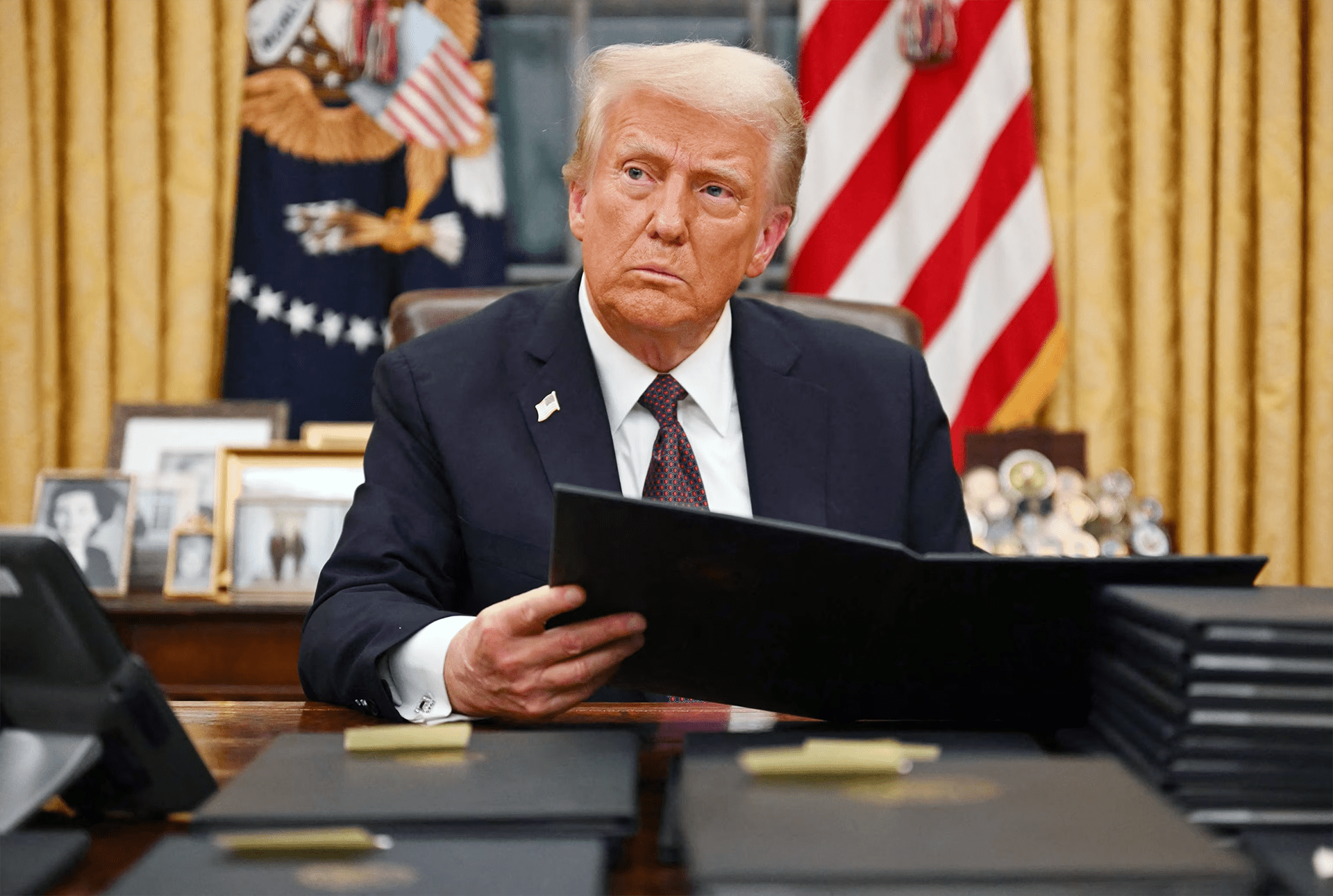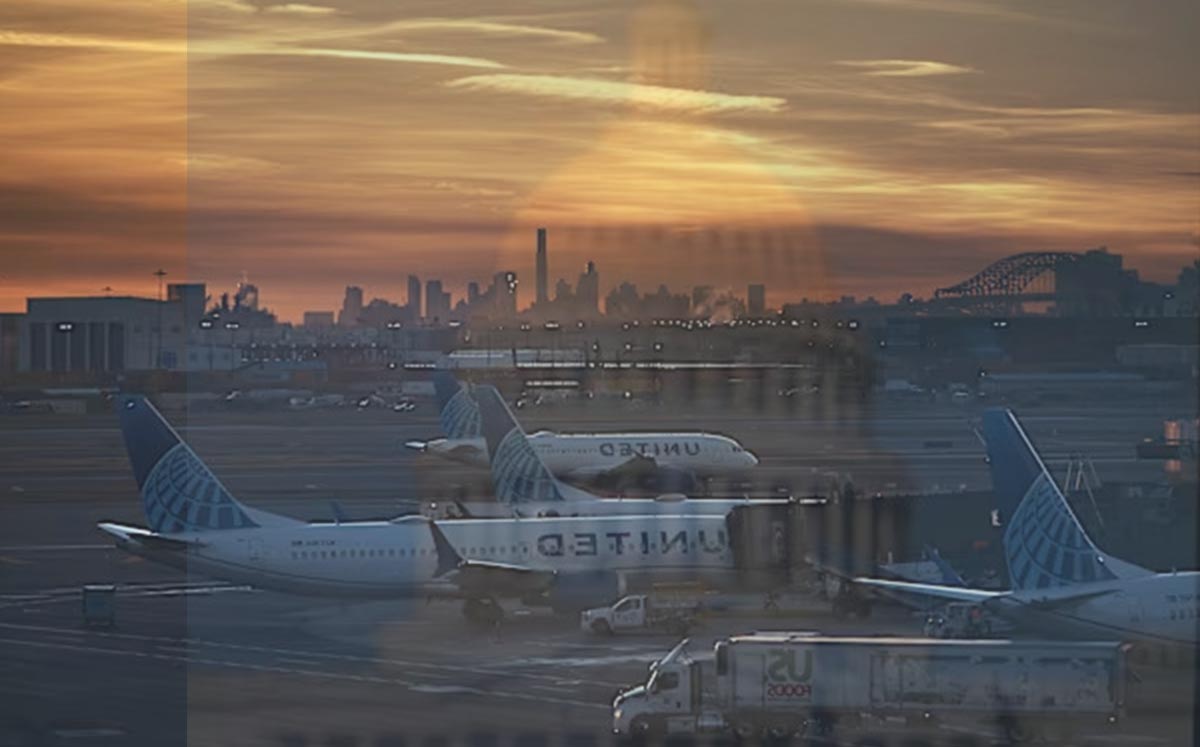U.S. President Donald Trump has caused anger again by sharing a video that shows former President Barack Obama and his wife, Michelle Obama, as apes.
He posted the video on his Truth Social account as part of a series of late-night messages. The video was removed by midday on Friday, but not before it received strong criticism from both parties for being racist.
Tim Scott, the only Black Republican senator, said on X that he hoped the video was fake because it was “the most racist thing I’ve seen out of this White House.” He added that the president should take it down.
Another Republican, Representative Mike Lawler, also asked Trump to delete the post, calling it “incredibly offensive, whether intentional or a mistake.”
Democrats used this incident to highlight Trump’s past insensitive comments and urged Republicans to speak out against it.
Obama and Michelle Obama are Patriotic Americans
“President Obama and Michelle Obama are smart, caring, and patriotic Americans. They show the best of our country,” said Hakeem Jeffries, the leading Democrat in the U.S. House of Representatives.
“Donald Trump is a terrible and unstable person. Why do GOP leaders like John Thune keep supporting this sick individual?”
The White House first called a controversial post an “internet meme.” Later, they said a White House staffer shared it by mistake, not the president.
Trump denied any responsibility when he spoke to reporters on Air Force One. He said he only watched the beginning of a short video that included false claims about his 2020 election loss.
“No, I didn’t make a mistake,” Trump said, ignoring calls for an apology. “I look at thousands of things. I only saw the start of it. It was fine.”
Stoking Outrage
Trump has had a long-standing conflict with the Obamas, who are the first Black couple to serve as President and First Lady of the United States.
Trump first entered national politics during Barack Obama’s 2012 re-election campaign. He promoted false claims that Obama was not born in the United States.
Trump is a frequent user of social media. He co-founded Truth Social in February 2022 after being temporarily banned from other major platforms. On Truth Social, he shares memes and videos created using artificial intelligence that support his public image and political goals.
Recently, Trump posted a video online at 11:44 PM Eastern Time (04:44 GMT). This video includes a disrespectful image of the Obamas, which appears about 59 seconds into the one-minute and two-second clip. This image is part of a documentary-style segment that makes false claims about the 2020 presidential election, suggesting it was affected by fraud and problems with electronic voting machines. Trump has repeatedly denied losing to Democrat Joe Biden in that election.
The video, which has a watermark from a site called Patriot News Outlet, combines the altered image of the Obamas with the 1961 song “The Lion Sleeps Tonight.”
Critics often say that Trump tries to create outrage to distract from important domestic issues, including the recent release of millions of documents about Jeffrey Epstein, a convicted sex offender and financier, which also mention Trump.
Midterms Ahead
Some Republicans, like Lawler from New York, are facing tough re-election campaigns as the November midterm elections approach. Trump has warned that if Republicans lose control of Congress, he might face new impeachment proceedings.
After Trump reposted a video on his Truth Social account, the White House initially dismissed the backlash as exaggerated. White House spokesperson Karoline Leavitt told several U.S. news outlets that the image of the Obamas came from an “internet meme video” that shows Trump as the King of the Jungle and Democrats as characters from the movie “The Lion King.”
“Please stop the fake outrage and report on something that actually matters to the American public,” she said to ABC News.
After the post was deleted, Leavitt continued to downplay the complaints and the calls for Trump to apologize. In an interview with Fox News, she said Trump had already spoken about the incident with some members of Congress.
“He spoke with lawmakers today, including Senator Tim Scott, out of respect for them. The post was removed, but leave it to the leftist media to talk about this all day,” she told Fox News host Laura Ingraham.
“He did take down the post, and again, this is just a distraction for the fake news media,” Leavitt added, quickly shifting the focus to Trump’s accomplishments.
However, Leavitt’s comments did not stop the bipartisan call for Trump to apologize for the video. Republican Senator Pete Ricketts of Nebraska also asked for the post to be taken down. “Even if this is a Lion King meme, a sensible person recognizes the racist context behind it,” Ricketts wrote on X.
Even if this was a Lion King meme, a reasonable person sees the racist context to this. The White House should do what anyone does when they make a mistake: remove this and apologize. https://t.co/53Pv7xXCef
— Senator Pete Ricketts (@SenatorRicketts) February 6, 2026
